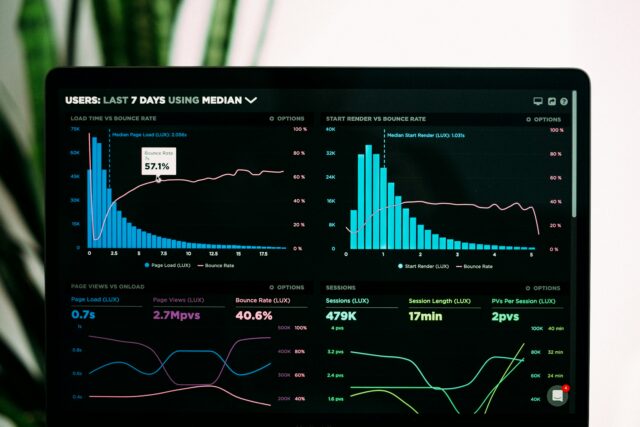

Revenue Forecasting for B2B SaaS and IaaS: The Ultimate Guide
Revenue forecasting sits at the core of any growing SaaS or IaaS business. It’s how leadership plans investments, how teams prioritize resources, and how companies communicate confidence to investors. But for all its importance, revenue forecasting is often stitched together from disconnected spreadsheets, rigid CRM reports, and models that fail to adapt as the business evolves.








